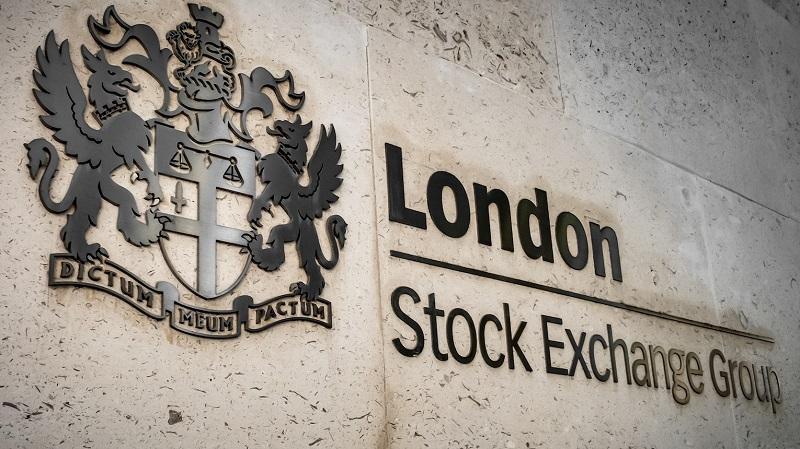FXOpen

The British economy has been somewhat of an anomaly over the past few years. In no way did the British authorities limit the liberties and livelihoods of the population to the extent that the North American authorities did during 2020 and 2021, and the nation has far less national debt.
Britain's banking industry is also less notorious for high profile, large scale collapses of long established institutions, and its overall investing mentality is very conservative compared to the gung-ho nature of the United States capital markets and commercial investing culture.
The differences between some of the largest stock markets in the world are also indicators of this differential. The technology-focused NASDAQ exchange in New York is a bastion of volatility and comprises the 'Magnificent 7' Silicon Valley internet companies as well as a raft of startups which suddenly gained multi-billion dollar valuations and entered the public listing arena via SPAC blank cheque companies.
By contrast, Britain's FTSE 100 index, which represents the 100 most highly capitalised companies whose stock is listed on the London Stock Exchange, represents more traditional, bricks and mortar businesses in more 'grey suit' sectors such as transport, construction, energy giants, retail chains and pharmaceuticals.
The FTSE 100 has been very buoyant recently however over the past few weeks, the index stopped short of the much anticipated 8,000 mark, and its performance has been slowly tailing off.
On April 2, the FTSE 100 reached 7,978 points after a month-long rally, which made it look as if 8,000 points was in easy reach, but since the beginning of this month, it has been decreasing in value, today standing at 7,925.4 at 8.30 am as the excitement of the week's trading begins in London.
This steady decrease in value goes hand in hand with reports over the weekend having revealed that house prices in the United Kingdom had decreased by 1% in March compared with those of February, giving an overall uninspiring outlook to a reasonably well-organised but stagnant British economy.
At the end of last week, Chancellor of the Exchequer (British term for Finance Minister) Jeremy Hunt alluded to inflation in the United Kingdom being at its lowest for two years, however prices are still rising and the cost of living crisis, whilst out of the headlines of the sensationalist tabloid media, is still an existent problem in an economy in which average incomes have seen limited growth for nearly 20 years.
Yes, Britain is a safe nation, its capital city is the financial markets capital of the entire world, and it does not have the heart-stopping booms and busts which have punctuated the fiscal landscape on the other side of the Atlantic since 2008, but America is a go-getting, investment-friendly nation whereas Britain is a plodding, conservative environment with regard to financial markets and overall economic policy.
This may be good in terms of stability - and Britain is an incredibly stable nation, especially within London, its capital city; however, the decrements in the stock markets and stagnant monetary situation are indicators of a different problem which appears to be longstanding, compared to the US markets, which despite massive national debt, contagions from the collapses of vast institutions and heavy government policy during the lockdown periods, appears to be flourishing.
The difference is that British investors have less risk but potentially slower and more stable returns.
Trade global index CFDs with zero commission and tight spreads (additional fees may apply). Open your FXOpen account now or learn more about trading index CFDs with FXOpen.
This article represents the opinion of the Companies operating under the FXOpen brand only. It is not to be construed as an offer, solicitation, or recommendation with respect to products and services provided by the Companies operating under the FXOpen brand, nor is it to be considered financial advice.
Stay ahead of the market!
Subscribe now to our mailing list and receive the latest market news and insights delivered directly to your inbox.








